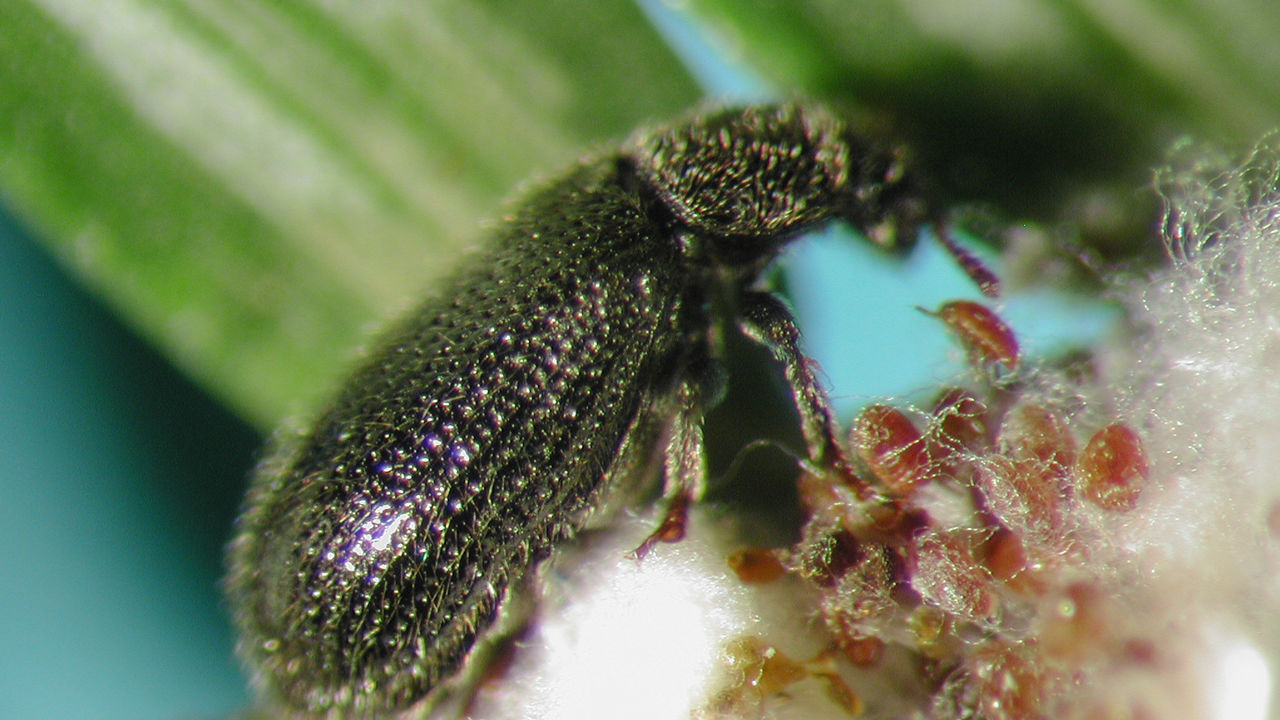Natural Control of Japanese Beetles and Hemlock Wooly Adelgid: Webinar, Wed., July 8
go.ncsu.edu/readext?707381
en Español / em Português
El inglés es el idioma de control de esta página. En la medida en que haya algún conflicto entre la traducción al inglés y la traducción, el inglés prevalece.
Al hacer clic en el enlace de traducción se activa un servicio de traducción gratuito para convertir la página al español. Al igual que con cualquier traducción por Internet, la conversión no es sensible al contexto y puede que no traduzca el texto en su significado original. NC State Extension no garantiza la exactitud del texto traducido. Por favor, tenga en cuenta que algunas aplicaciones y/o servicios pueden no funcionar como se espera cuando se traducen.
Português
Inglês é o idioma de controle desta página. Na medida que haja algum conflito entre o texto original em Inglês e a tradução, o Inglês prevalece.
Ao clicar no link de tradução, um serviço gratuito de tradução será ativado para converter a página para o Português. Como em qualquer tradução pela internet, a conversão não é sensivel ao contexto e pode não ocorrer a tradução para o significado orginal. O serviço de Extensão da Carolina do Norte (NC State Extension) não garante a exatidão do texto traduzido. Por favor, observe que algumas funções ou serviços podem não funcionar como esperado após a tradução.
English
English is the controlling language of this page. To the extent there is any conflict between the English text and the translation, English controls.
Clicking on the translation link activates a free translation service to convert the page to Spanish. As with any Internet translation, the conversion is not context-sensitive and may not translate the text to its original meaning. NC State Extension does not guarantee the accuracy of the translated text. Please note that some applications and/or services may not function as expected when translated.
Collapse ▲Did you know that there are predator insects in Western NC that will naturally control them?
Attend our virtual class this Wednesday, July 8, 2020, at 6 p.m. to learn…
- How to identify the predatory insects
- What you need to do to attract them to your property
- How you can help entomologists better understand their distribution
Class will be held online through Zoom Meeting. Upon registration, you will be sent the Zoom link to access the meeting.
The instructor is Dr. Richard C. McDonald aka “Dr. McBug” who…
- has over 35 years experience in biological pest control;
- has worked for the N.C. Department of Agriculture and Consumer Services and the USDA; and
- is owner of Symbiont, a biological pest management company based in Watauga Co.
There is no cost to attend. Please register for this event via EVENTBRITE.
For questions and recording to the event if you cannot make it live, please contact Watauga Horticulture Agent Paige Patterson: paige_patterson@ncsu.edu





